There is power in stories. There is great power in great stories. The greatest story every told is that of Jesus. It is the redeemption story. It is THE story of all-time. The story of God’s action, interaction, presence and relationship across all of history with people and creation. What is this story exactly? What is redemption and why should I be proclaiming it? Redemption is:
God’s work to set things right again—to reverse the fall and bring all things back into harmony with his will; to defeat sin and Satan and restore us back to full relationship with him.
It is a vast, historic, all-encompassing story spanning millennia involving known and unknown events and people in all corners of the globe. It is also a living story—playing out contemporarily in all manner of ways in all number of lives. At the center of the story is Jesus, of course. Without him there would be no redemption story at all. So—think about—from before creation and throughout all of what we know as the OT, the story of redemption is evident—God working thru people, places, nations to make his presence known, call people to Him, proclaim his desire for relationship, while foreshadowing the crescendo of the story—Jesus. Then comes Christ who personified the story; living out the very meaning of redemption; personally, demonstrating God’s desire for full, restored relationship with us while paying the price for redemption on the cross and empowering us to live it out through the resurrection.
Read Ephesians 1:3-11 for the apostle Paul’s divine summary of this story.
Then that actually happened as Acts and the New Testament epistles chronicle. Exciting! They were singing redemption’s sweet song as they went into all the world and shared the Good News of the redeemer—Jesus Christ. The grand story of redemption being actualized as people from all lands, all ethnicity and all tongues came to Christ and changed the world. This is the power found in redemption—to renew and bring freshness, healing and new life.
And God continues to act to this day–still working out this eternal story to its ultimate completion when Jesus returns and brings complete redemption to all creation. Yes, it is a huge story, but is also not—for it is also a personal story. We are quite familiar with individuals in the story—Noah, Abraham, Sarah, Ruth, Saul, Hannah, David, Solomon, Daniel, Mary, Joseph, Peter and Paul. God called and worked through them and untold others to move the redemption story along. We remain in it—involved in this continual movement. It is critical that we believe and realize this truth. What God started, what Jesus delivered, and what remains yet completed but promised—the story of the redemption of the world; God wants to be our personal story as well just like as with those before us. They are the collection of witnesses surrounding us and urging us to complete our own redemption story—Hebrews 12. Redemption is to be what defines us; what drives us; what determines every aspect of our life. Redemption is to be that transformative. God did not work through history and send his Son to die for IT NOT TO BE. So, as we proclaim redemption throughout this year. Here is what I hope and pray will happen;
*We will more fully realize the depth and width of God’s love for us and we will more greatly appreciate the lengths Gods went to bring redemption about.
*We will become more aware of the ongoing work of God in Christ as the redemption story continues to play out now around us and in creation. It is about more than me.
*We will more clearly and precisely see ourselves in this story and better understand exactly what that means; and then allow that to finally, completely define us—to become fully integrated into God’s redemption. For us to fully own his story. It is not just a history lesson!
*We will then more completely realize that this changes everything—perhaps most importantly that fully embracing the redeemed identity will reframe how we view ourselves, our purpose and mission; understanding we are only resident aliens here, that this world and all it values is not our home.
*We will then be more encouraged and ready go and proclaim it—to actually share God’s story of redemption thru our story—for there is power in this telling: the power to bring blessed redemption to others. And I mean really tell it; to allow the Holy Spirit to empower our witness to those around us.
*We will then be more able to live in a greater sense of anticipation of Christ’s return and the full redemption of all—to the degree that allows us to frame life and all its challenges as just light and momentary bumps in the eternal road knowing we will be redeemed from them all when Jesus returns.
Why is all of this so significant? Well, it is the eternal movement of God in the world and it is still ongoing. Seeing ourselves firmly within this story and understanding this not just to be God’s will, but the most significant way we can live our life is a game changer. And because it is largely missing among us. That is evident with churches dying and shrinking with what is left of us competing for the same crowd. It is realized in that most in the world remain unconvinced that God really matters beyond perhaps helping us get what we want to keep up our lifestyle. Fewer and fewer seem to know or care that he actually is active among us—the living God continuing to accomplish his will in difference-making ways in the world. We, the church are not acting as if the story of redemption is the single greatest story of all. Therefore, it does seem like a dusty old history lesson, rather than a continual, living, story of life, renewal and power among us. Yes, we may acknowledge that God is still here, still offers personal salvation and stands by on call when we need him, but we like to write our own stories, thank you very much, and quite frankly resist full integration into his story. Andrew Root in his book, Churches and the Crisis of Decline offers his thoughts on this:
We live in a secular age because we can imagine and at times do live, as though there is no transcendent quality to life at all. Most of us in the West can live our lives as though there is no living God who enters into history and speaks to persons. Westerners hold onto the idea of God (most of us “believe” in God, at least in America) but few of us are sure we can encounter this God.
So, how about it church? Who is up for changing that—for singing redemption’s sweet song? Who is ready for some radical renewal? Who is in need of transformative restoration? Who is sick and tired of the same ole, same ole? Who would like to see God break out boldly into the world around us? It is all about redemption! Redemption of hearts and souls; redemption of broken relationships; redemption from sin; addiction; fear; loneliness; anger; lostness. This Is the story; this Is the song.
Give thanks to the Lord, for his is good; his love endures forever. Let the redeemed of the Lord say this—those he redeemed from the hand of the foe, those he gathered from the lands, from east and west, from north and south. (Psalms 107:1-3)
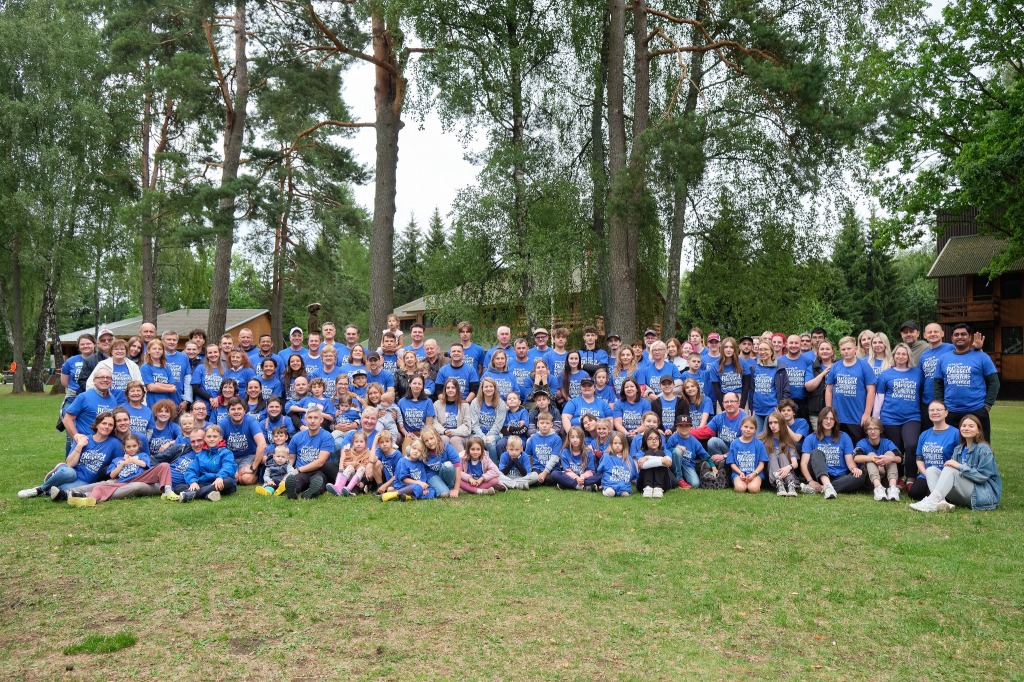
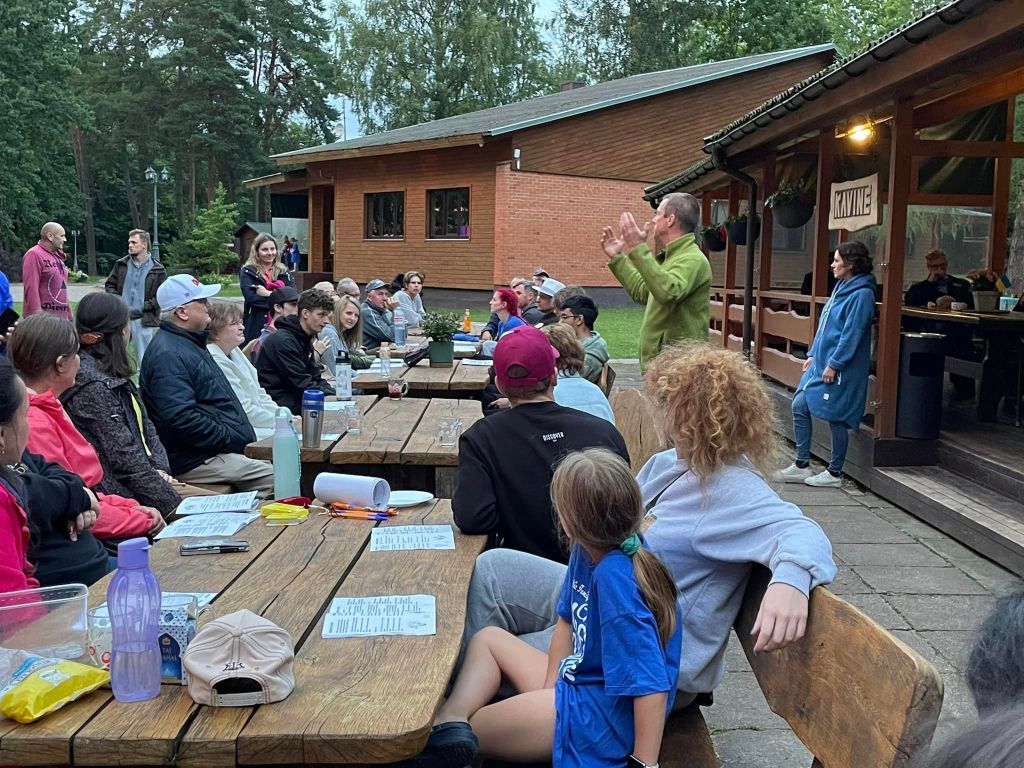
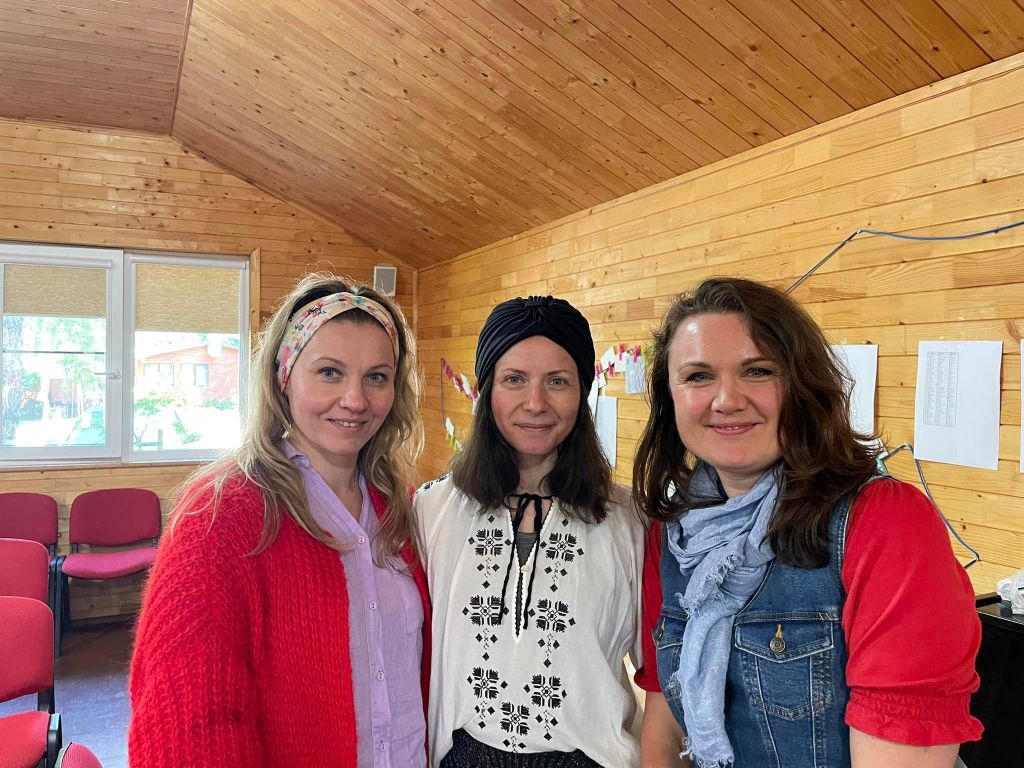
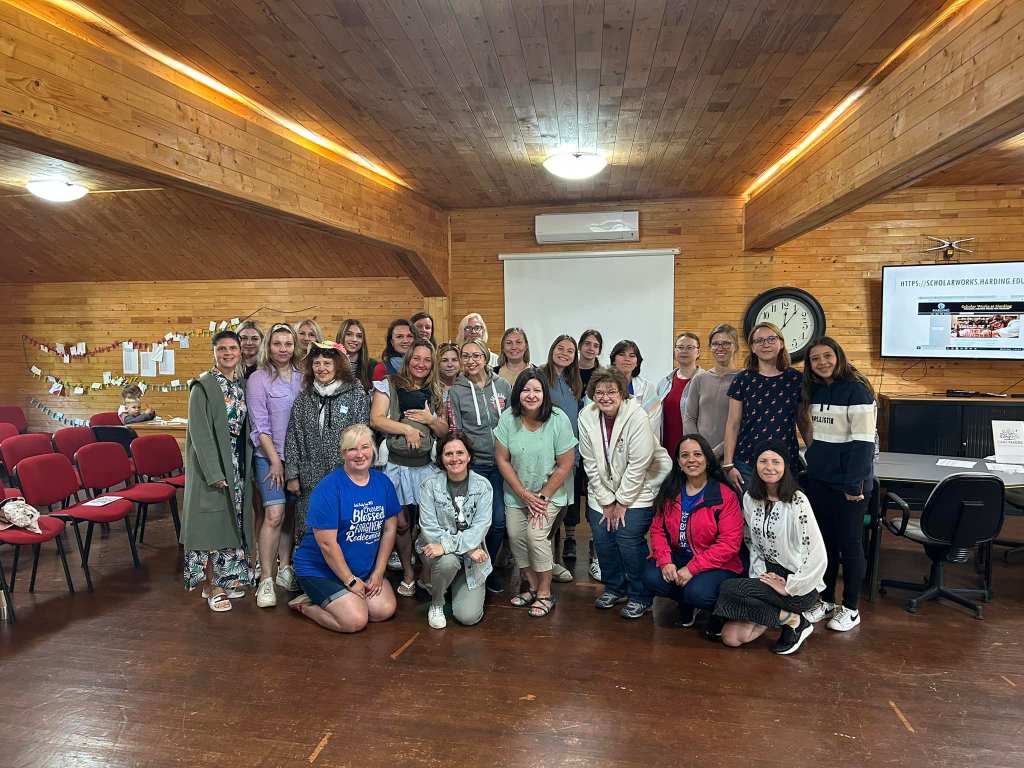
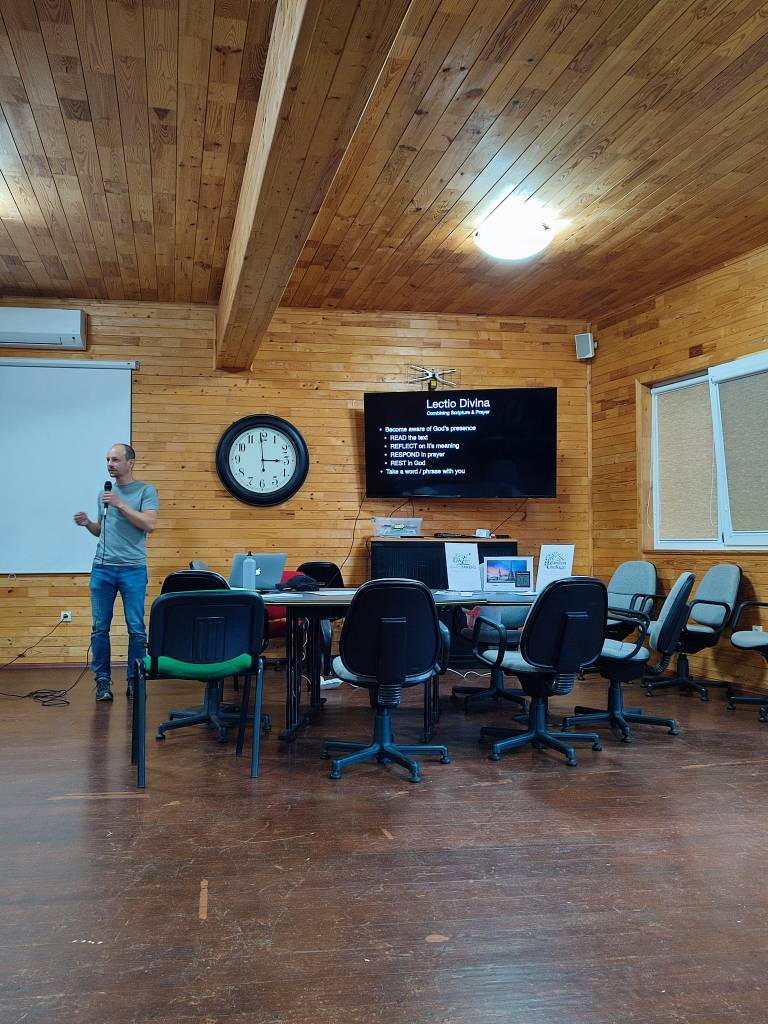
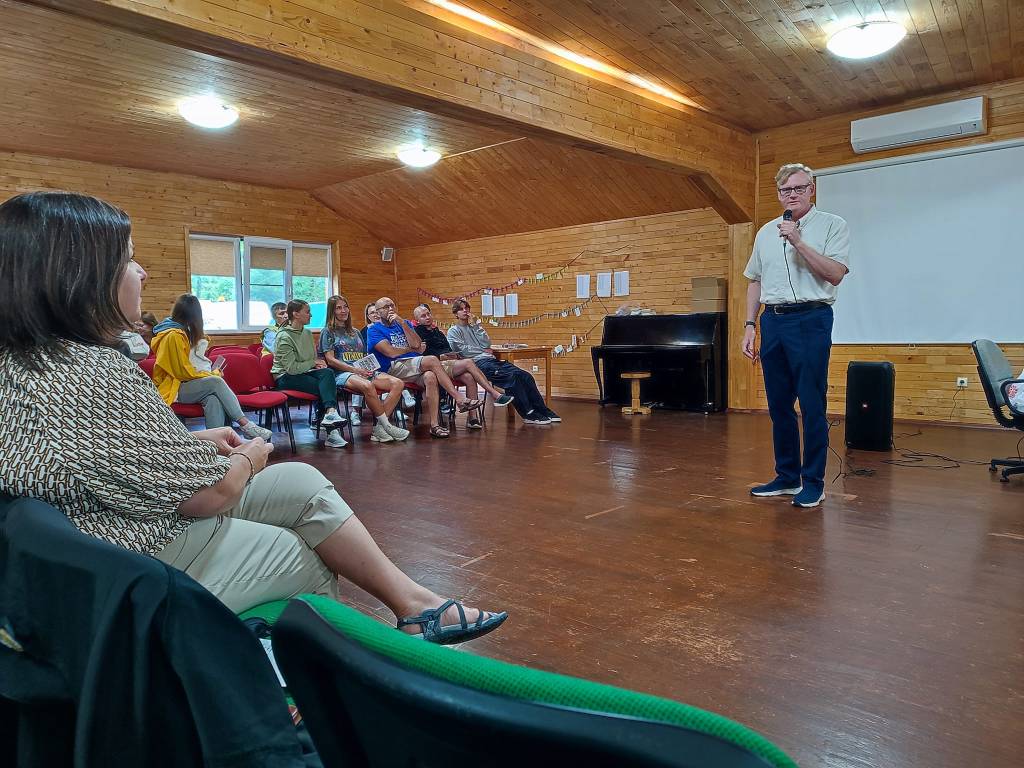
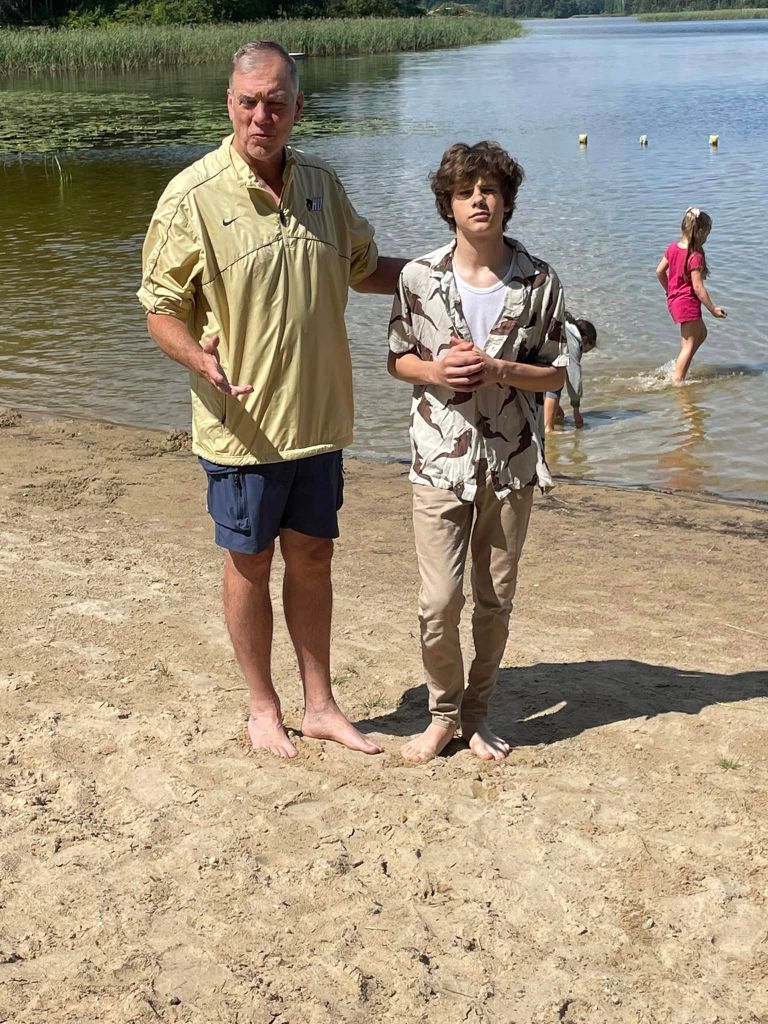
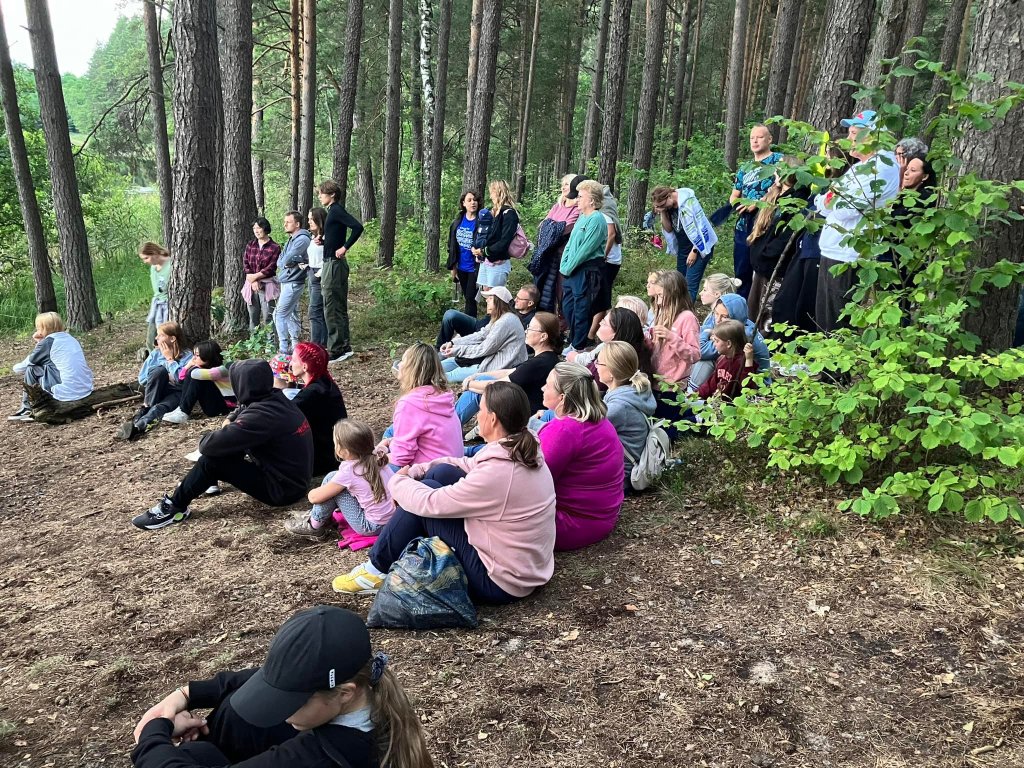
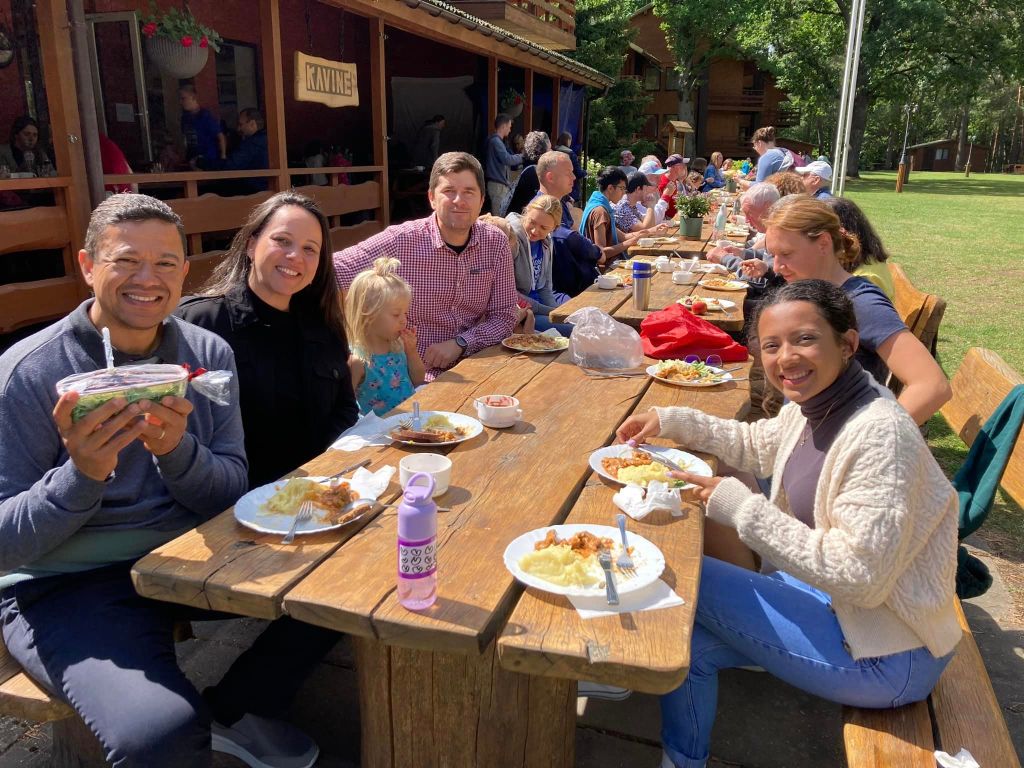
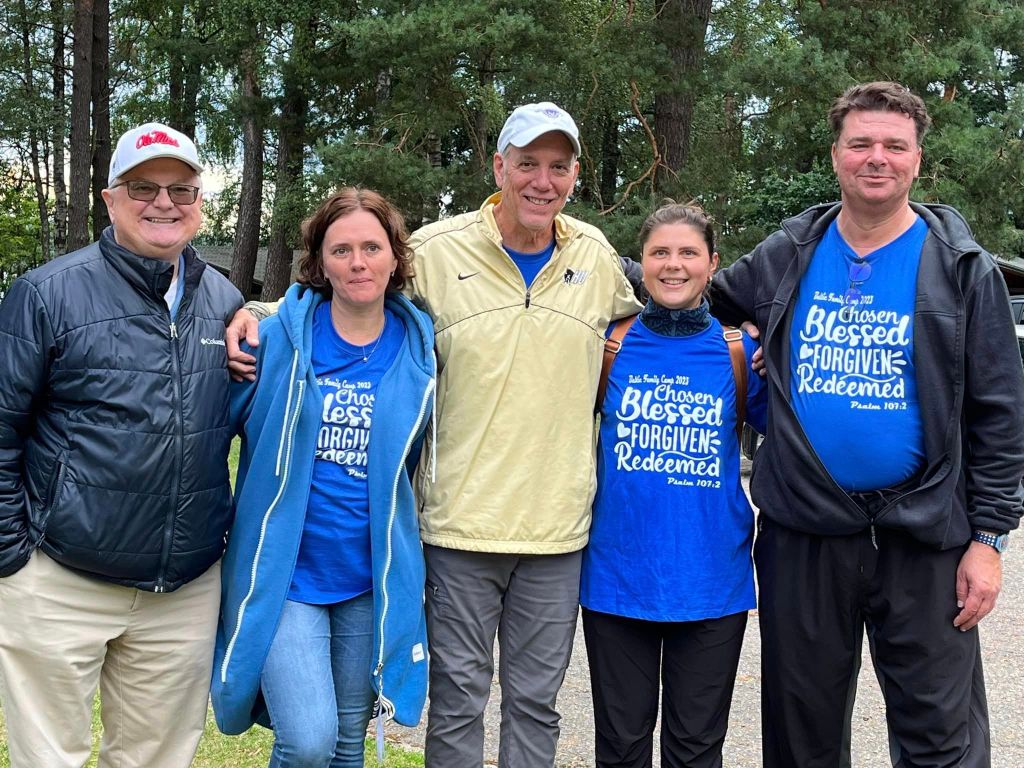

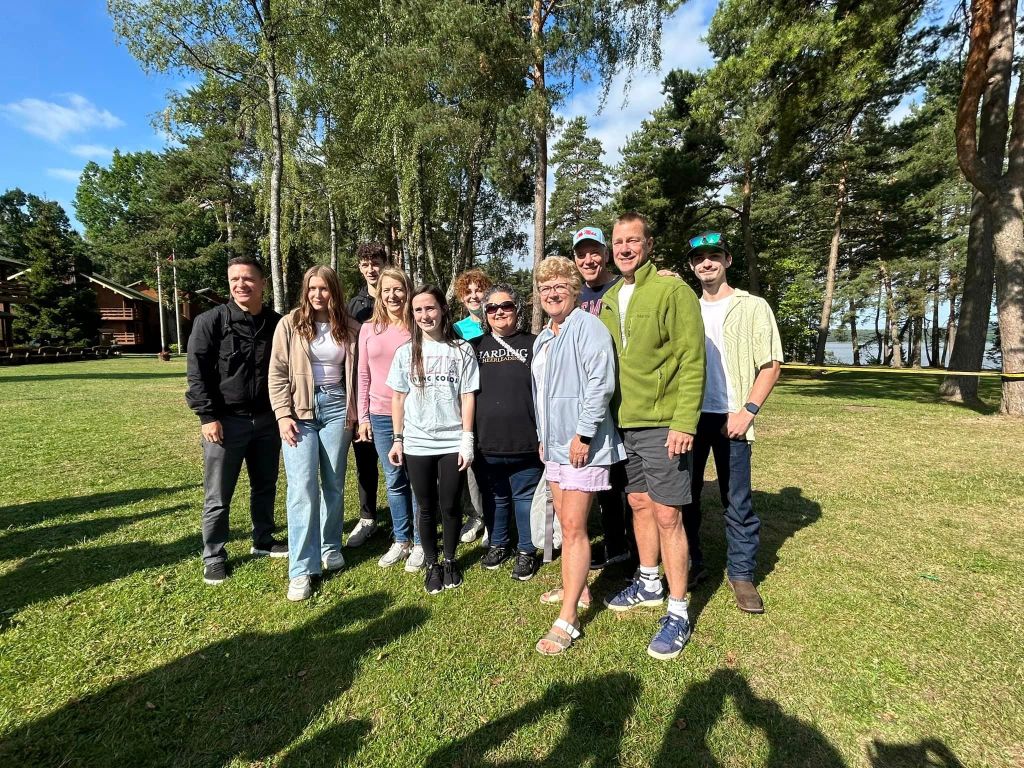



 Posted by dannydodd
Posted by dannydodd 


